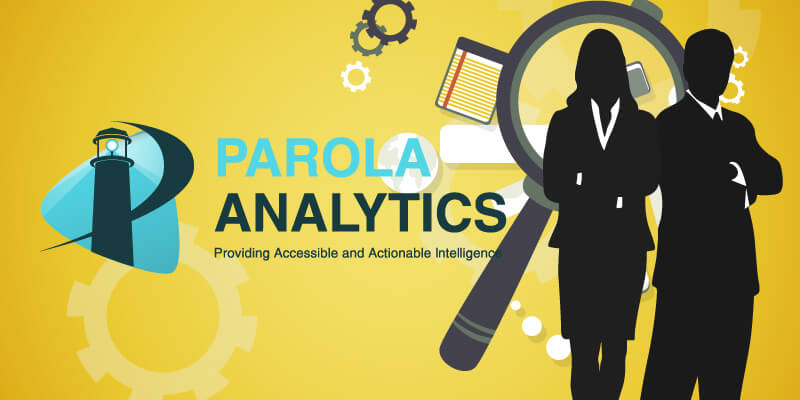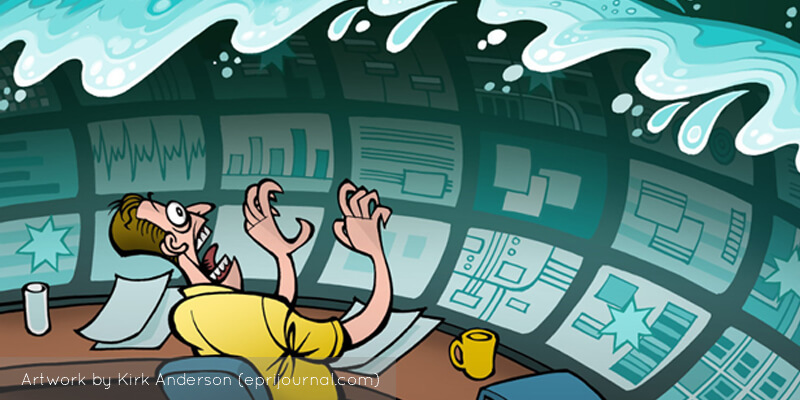For decades, the existence of UFOs has widely been met with healthy skepticism. With the ubiquity of smartphone cameras today, sightings of alien spacecraft appear to have been further relegated to the realm of kooky science fiction.
So why does the Navy have patents for supposedly fictional technology? What are the unidentified flying objects its pilots keep seeing?
The “Pais Effect”
For nearly two years, military newsletter The Warzone has followed a number of patents pertaining to groundbreaking technology by Dr. Salvatore Pais of the Navy.
The so-called “UFO patents” employed a theoretical concept for generating high-intensity electromagnetic fields, called the “Pais Effect.” The concept was meant to underlie breakthroughs in power generation and advanced propulsion.
Patents secured by Dr. Pais for the Navy include a compact fusion reactor, a room-temperature superconductor, a force field to deflect asteroids, and craft that can navigate air, space, and water at extreme speed (pictured).
These inventions underwent significant scrutiny to earn the Navy’s approval, The Warzone reports. Naval Air Systems Command vouched for the technology in appeals to the U.S. Patent and Trademark Office, despite physicists and other subject matter experts dismissing the “Pais Effect” as pseudoscience. Navy officials have asserted that Dr. Pais’ creations were not only enabled, but operable.
However, after three years of testing and hundreds of thousands of dollars in funding, the Navy and its enigmatic inventor have separated ways. Not only has Dr. Pais transferred to the Air Force, he seems to be alone in defending his technology.
In The Warzone’s most recent follow-up, The Navy claimed tests for the patented inventions concluded in September 2019, and the “Pais Effect” could not be proven. Still, Dr. Pais swore by his discovery in a November 2019 statement, saying his “work shall be proven correct one fine day…”
But there remains the mystery of the unexplained, real-life technology the “UFO patents” are supposed to emulate.
Proof of Extraterrestrial Life?
In April 2020, the Pentagon released three videos of Navy pilots encountering UFOs — entities shaped like Tic-Tacs carrying out unprecedentedly fast, physics-defying maneuvers. Two of the incidents occurred in 2015, while the third video was taken in 2004 and covered by The New York Times in 2017.
While the videos have leaked and circulated online for years, the Pentagon’s corroboration sparked widespread intrigue. A task force was established in August 2020 to investigate the nature and origins of what it referred to as unexplained aerial phenomena, or UAPs.
In 2019, the Navy revised its guidelines on reporting UAP encounters, as its pilots grew frustrated with the military’s dismissive approach, even with dozens of incidents estimated to occur each year.
Still, the Navy is considering the possibility that the UAPs are advanced spying technology developed by other countries, not necessarily alien spacecraft. The chief technical officer of the Naval Aviation Enterprise once wrote to a skeptical patent examiner that China is already “investing significantly” in advanced aerospace technologies.
With the “UFO patents” supposedly turning out to be scientific dead-ends, it remains unknown how China developed the UAPs, assuming the objects spotted by Navy pilots are not of extraterrestrial origin.






